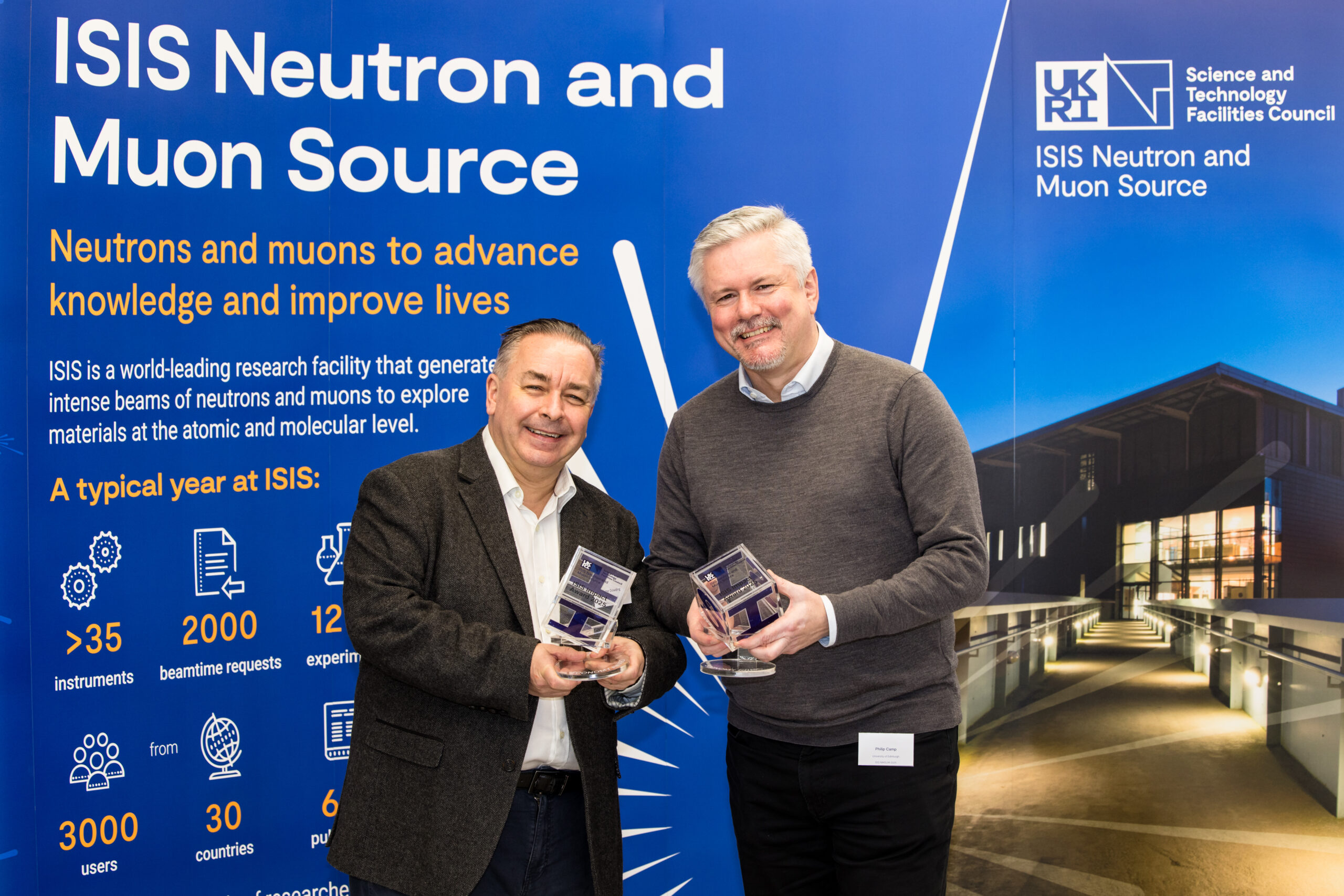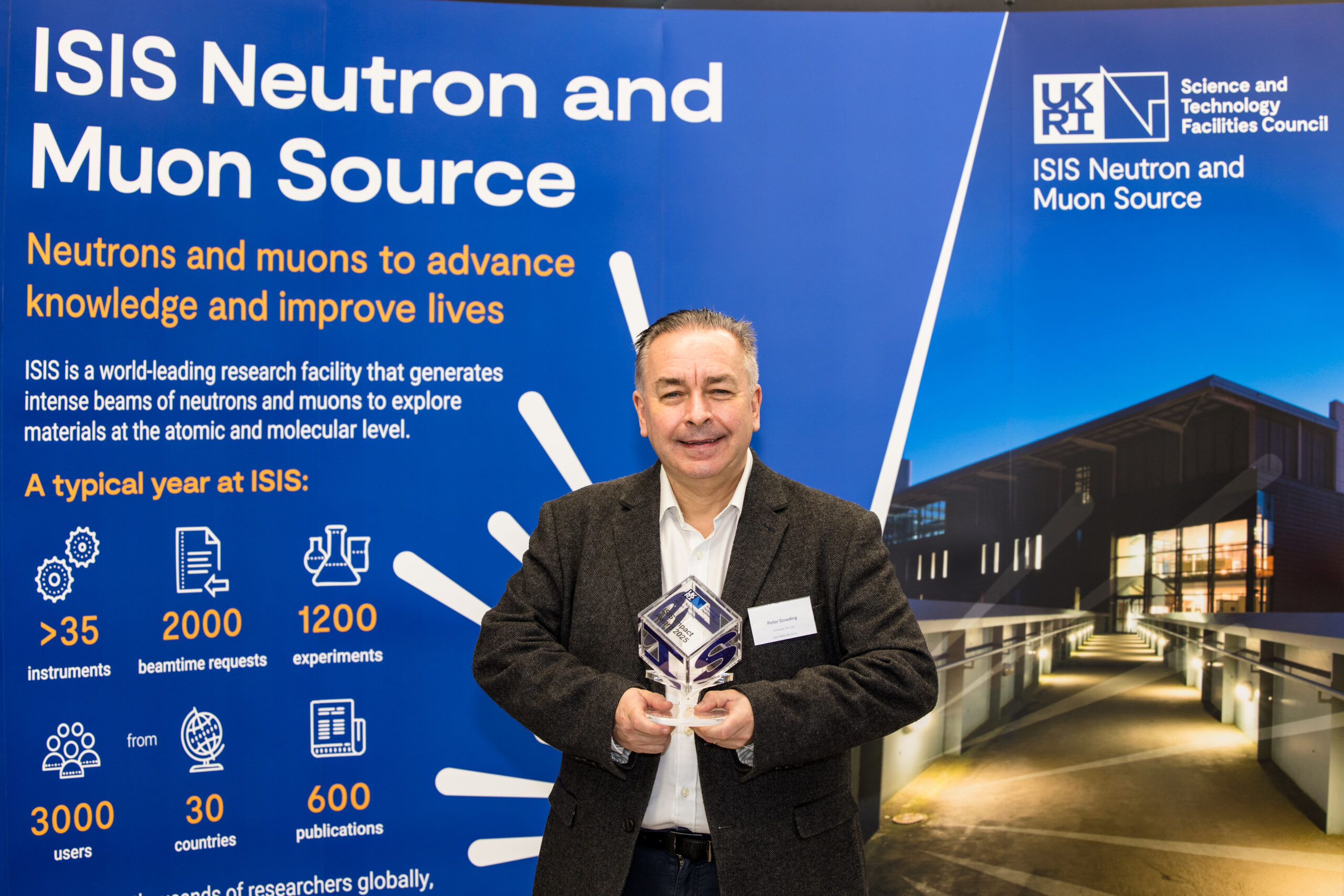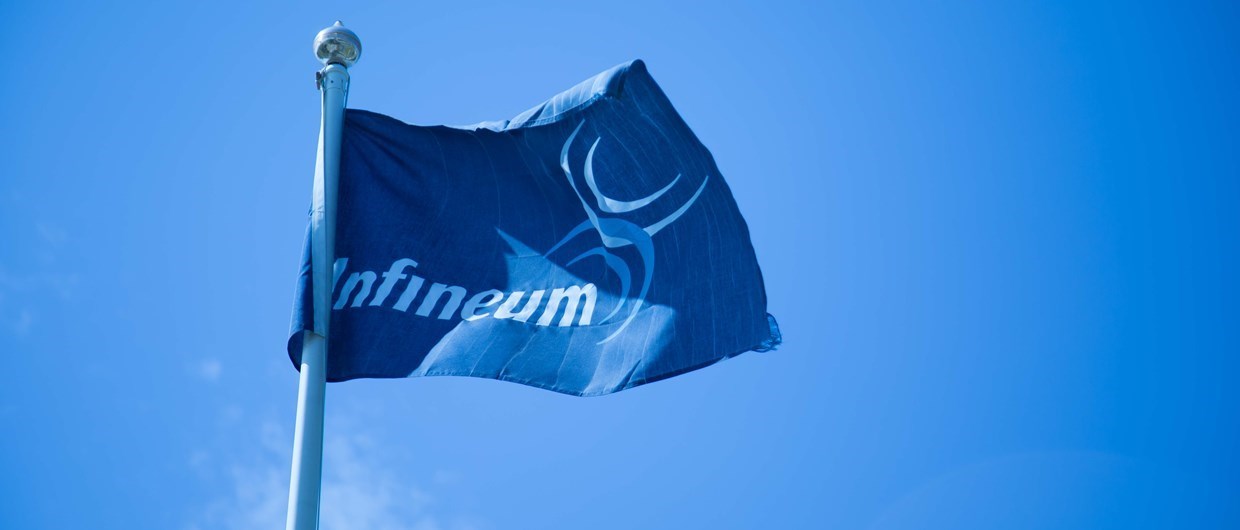We use cookies to help you navigate efficiently and perform certain functions. You will find detailed information about all cookies under each consent category below.
The cookies that are categorized as "Necessary" are stored on your browser as they are essential for enabling the basic functionalities of the site. ...
Necessary cookies are required to enable the basic features of this site, such as providing secure log-in or adjusting your consent preferences. These cookies do not store any personally identifiable data.
Functional cookies help perform certain functionalities like sharing the content of the website on social media platforms, collecting feedback, and other third-party features.
Analytical cookies are used to understand how visitors interact with the website. These cookies help provide information on metrics such as the number of visitors, bounce rate, traffic source, etc.
Performance cookies are used to understand and analyze the key performance indexes of the website which helps in delivering a better user experience for the visitors.
Advertisement cookies are used to provide visitors with customized advertisements based on the pages you visited previously and to analyze the effectiveness of the ad campaigns.
Professor Pete Dowding, Technical Fellow at Infineum, was presented with the Science and Technology Facilities Council’s ISIS Impact (Economic) Award this week. This award by ISIS Neutron and Muon Source recognised his groundbreaking work on the mode of action of friction modifiers to improve the efficiency of combustion engines.
The project, which began in 2018, was spearheaded by Professor Dowding in collaboration with Infineum experts Oliver Delamore, Elizabeth Mould, Colin Willis, and industry and academic experts from the ISIS Neutron Facility, the University of Cambridge and the University of Edinburgh. It saw the development of a beamline tribometer to study additive structure at molecular level for friction, wear and lubrication.

Professor Pete Dowding (L) with Professor Philip King (R) from the University of Edinburgh
Professor Pete Dowding says, “Close collaboration with experts from a wide variety of expertise is key in achieving successful innovation. Our external ecosystem continues to address Infineum challenges ranging from addressing product quality/performance challenges, to making key contributions to R&D programmes. The tribometer/predictive modelling is unique. It allows us to predict properties in-silico, without having to synthesise the molecules and so facilitates more rapid development. I am really proud that we have been acknowledged by the UK Scientific Community for our work, but this is only the beginning.”

Professor Pete Dowding with the ISIS Impact (Economic) Award
In 2024, digital stimulation was added to the study to demonstrate how additive perform at molecular level and to create a digital tool which will predict friction based on chemical structure.
With additives as a core part of Infineum’s business, this development solidifies our excellence in technology as it drives research into fuel economy by making changes to the molecular structures of organic friction modifiers and hence reduce friction. Reducing friction reduction and improving fuel economy could lead to more sustainable internal combustion engines and decrease carbon emissions, driving Infineum’s purpose to create a sustainable future through innovative chemistry.
Chris Locke, EVP Commercial congratulated Professor Dowding and the team: “Achieving the maximum possible benefit in almost any field of applied chemistry begins with a fundamental understanding on what is happening at a molecular level. This work is just a great example of how collaboration between different institutions – both academic and industrial, bringing the complementary skills together – can really advance both our scientific understanding but also commercial application of those learnings, in this instance bringing together advanced analytical techniques with state-of-the-art theory and modelling, ultimately leading to better products. Well done to the extended team!”
Infineum extends our congratulations to Professor Dowding and the team behind the project.
